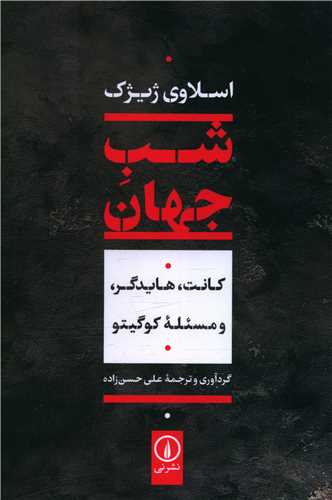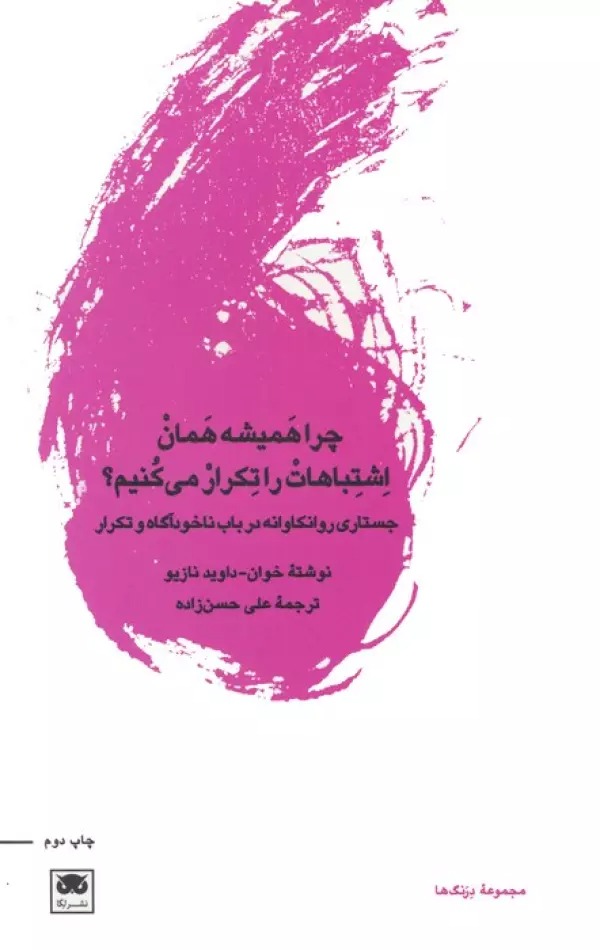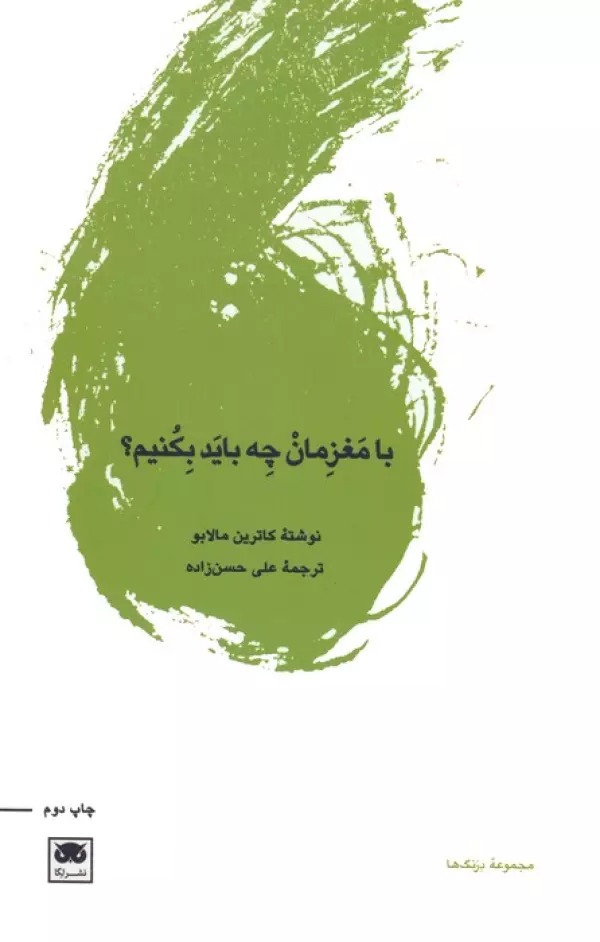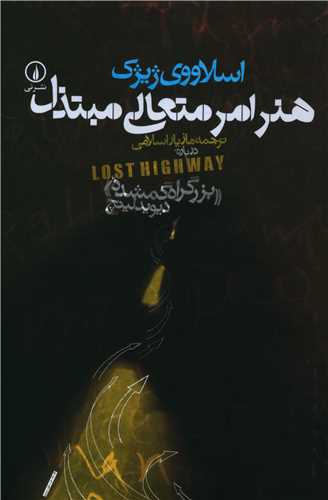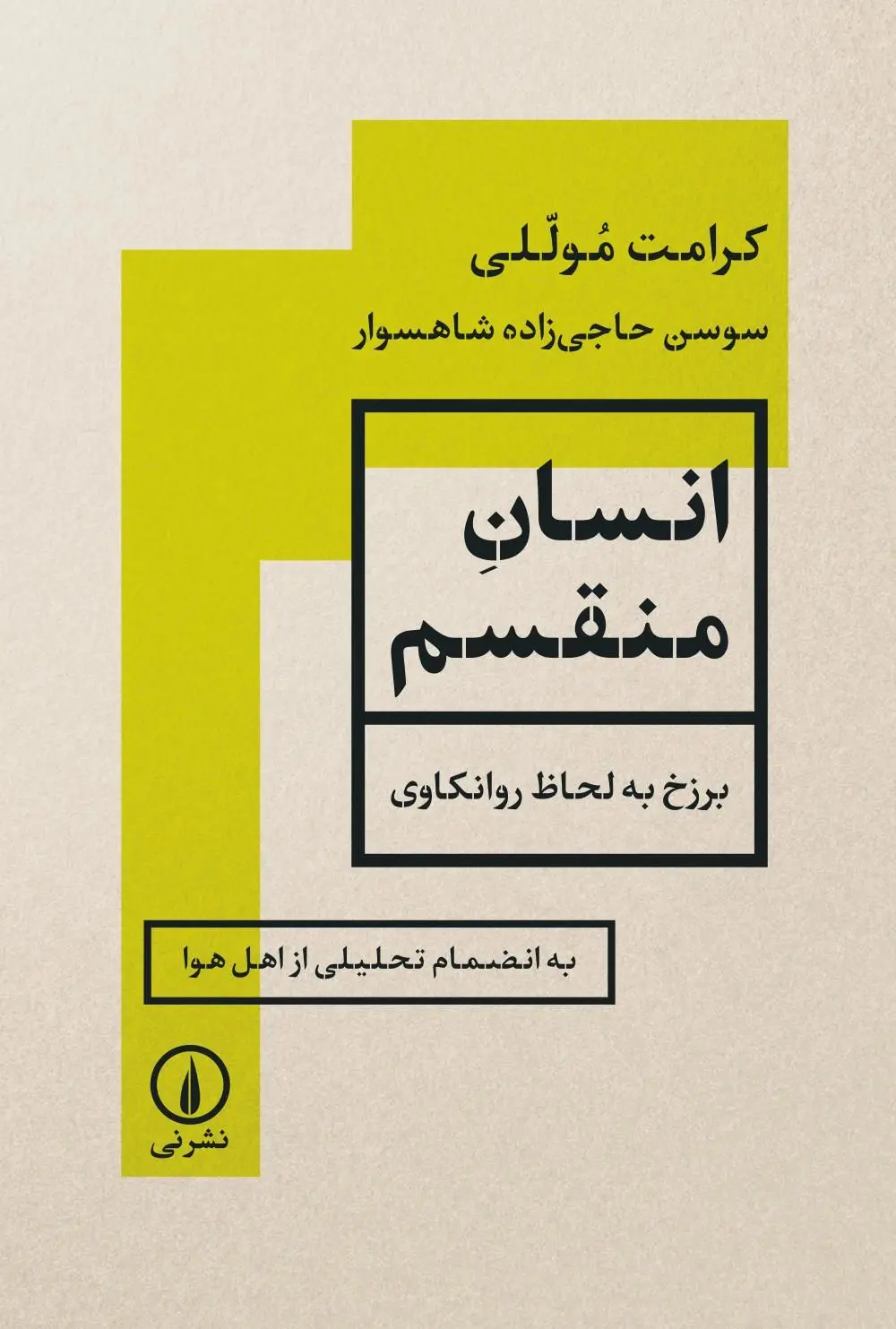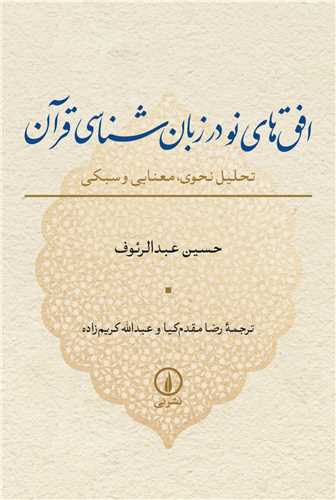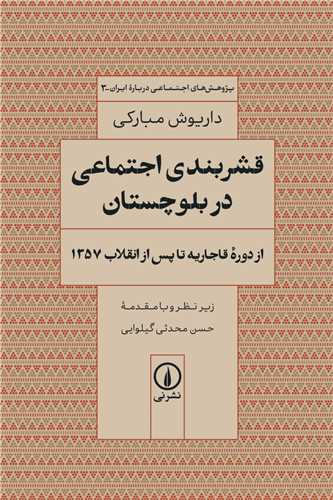Shab-i Jahān: Kānt, Hāydigir, va Mas'alah-yi Kugītu: Persiska (Farsi) 2022
شب جهان: کانت، هایدگر، و مسئله کوگیتو
15,74 $
Dela
Wishlist
Originaltitel:
The Ticklish Subject: The Absent Centre of Political Ontology
ISBN:
9786220604549
Översättare:
'ali ḥasan'zadah
Förlag:
Nashr-i niy
Åldersgrupp:
Vuxen
Sidor:
172
Vikt:
210 g
Produktmått:
14 x 21 x 1
,
6 cm
Bokomslag:
Pocketbok
A specter is haunting the Western academic community: the specter of the Cartesian subject. Deconstructionists and Habermasians, cognitivists and Heideggerians, feminists, and (post-)Marxist obscurantists converge in their hostility towards it. Surely one of the major works of the Slovenian philosopher Slavoj Žižek, The Uncomfortable Subject identifies the common denominator of all these different trends in contemporary thought and launches the provocation: behind the cogito ergo sum [I think, therefore I am], the Cartesian subject itself holds the radical zero degree of emancipatory politics, a subversive nucleus capable of providing an indispensable fulcrum for a new left-wing project.
Based on an intense reckoning with the anti-Cartesian tradition, the Slovenian philosopher develops a detailed confrontation with some contemporary conceptions of the subject: Heidegger's attempt to overcome subjectivity, post-Althusserian elaborations of political subjectivity (Ernesto Laclau, Etienne Balibar, Jacques Rancière and Alain Badiou), Judith Butler's theory of gender formation, and the conception of risk society and second modernity (Anthony Giddens and Ulrich Beck).
Despite its rigorously philosophical content, filled with žižekian astuteness and sharp humor, this book is fundamentally a passionate political intervention that seeks to address the urgent issue of reformulating a left-wing project in an era marked by global capitalism and its ideological supplement, the hegemonic multiculturalism of liberal democracies.
more
منطق استعلایی کانت و حقیقت آن، منطق نظرورزانهی هگل / منطق دال لاکان، انفجاری است که هنوز امواجش آنطور که باید ما را نگرفته است. کتاب حاضر ما را به هستهی تاریک این انفجار راه میبرد … با تعابیر شیخ اشراق میتوان گفت که تمامیتِ نور در نقطهی «شب جهان» شکست میخورد و نورالانوار هرگز نمیتواند این نقطهی کسوف جهان را در برگیرد. همواره نقطهی کوری هست که نور با واپسرانیِ آن نور میشود؛ «نور / هستی بهمثابه تمامیت» فقط آنجا هست که درست در دلش شکاف و ترکی هستیشناختی وجود دارد. به دیدهی ژیژک این شکافِ هستیشناختی، این «شب جهان»، نخستین بار در کوگیتوی دکارت سر بر میآورد، در فلسفههای کانت و هگل شکلی بنیانبرانداز به خود میگیرد، در هایدگر پیچشی از سر میگذارند، و در منطق «نهـهمه» لاکان به اوج خود میرسد …
more

